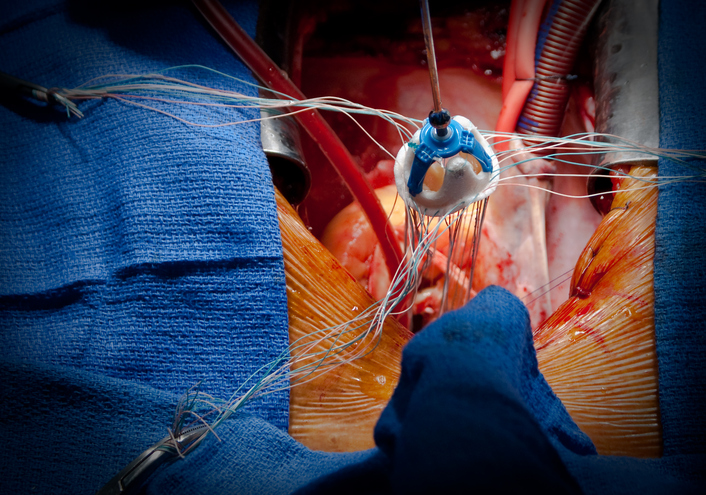
Following up previous DocWire News coverage, here is an interview with study author and researcher Pascal Jabbour, MD, Professor of Neurological Surgery and Chief of the Division of Neurovascular Surgery and Endovascular Neurosurgery at Thomas Jefferson University Hospital in Philadelphia, PA, talking about the impact of a robotic approach to interventional endovascular procedures.
What prompted you to undertake this study?
We just acquired the endovascular robot and no one has ever done a transradial robotic carotid stents or cerebral angiograms. So we wanted, with this series, to try to get a proof of concept and show feasibility of those procedures robotic assisted.
What are some key takeaways?
The robot is user friendly, the cases were successfully performed, we can have a more accurate manipulation of catheters and wires as compared to manual, and we can do more tortuous cases. Another takeaway is that the physician has less exposure to radiation and doesn’t have to wear lead which put a stress on the spine.
Did any of the findings surprise you?
I was surprised how accurately we can manipulate catheters and wires.
What were some study limitations?
It’s a retrospective study and has a limited number of patients (only 10), but this was just a proof of concept/pilot study.
What is next for future research in the endovascular area?
Next, which is very exciting and in the near future, is to possibly do future remote stroke interventions on patients that are in far-off geographical areas, and in patients who can’t reach a comprehensive stroke center in a timely manner
Anything else to add?
We did the first transradial robotic stent in the country, and Jefferson has always been at the cutting edge of technology.







 © 2025 Mashup Media, LLC, a Formedics Property. All Rights Reserved.
© 2025 Mashup Media, LLC, a Formedics Property. All Rights Reserved.